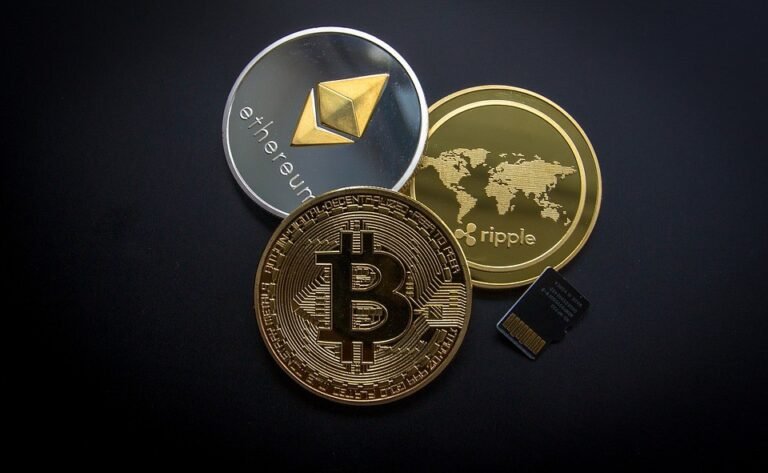Introduction
Privacy coins have emerged as a solution to the privacy concerns surrounding traditional cryptocurrencies like Bitcoin. In an age where financial transactions are increasingly scrutinized, the need for privacy has become paramount. Privacy coins offer a way to conduct transactions with enhanced anonymity, shielding users from prying eyes and ensuring their financial privacy. In this article, we will delve deep into the world of privacy coins, exploring their technology, use cases, regulatory challenges, and future outlook. If you wish to learn about investing with education companies, you might consider visiting https://the-immediate-ai.org.
Understanding Privacy Coins
Privacy coins, also known as anonymous cryptocurrencies, are digital currencies designed to provide enhanced privacy and anonymity to users. Unlike traditional cryptocurrencies such as Bitcoin, where transaction details are publicly visible on the blockchain, privacy coins employ various techniques to obfuscate transaction details, making it difficult to trace the flow of funds. Examples of popular privacy coins include Monero, Zcash, and Dash.
How Privacy Coins Ensure Anonymity
Privacy coins achieve anonymity through advanced cryptographic techniques. One common method is the use of ring signatures, which combine the signatures of multiple users to authorize a transaction, making it impossible to determine the true sender. Another technique employed by privacy coins is zero-knowledge proofs, such as zk-SNARKs used by Zcash, which allow parties to prove the validity of a transaction without revealing any sensitive information. These technologies ensure that transactions remain private and unlinkable, preserving the anonymity of users.
Use Cases of Privacy Coins
Privacy coins have a wide range of use cases, ranging from everyday transactions to specialized industries. In everyday transactions, privacy coins offer individuals the ability to transact without fear of their financial history being exposed. This is particularly appealing to individuals who value their privacy and wish to keep their financial affairs confidential. Additionally, privacy coins are often used in industries such as gaming, gambling, and darknet markets, where anonymity is highly valued. These industries rely on privacy coins to facilitate transactions without revealing sensitive information to third parties.
Regulatory Challenges
Despite their benefits, privacy coins have faced regulatory scrutiny due to concerns about their potential use in illicit activities. Regulators worry that the anonymity provided by privacy coins could facilitate money laundering, tax evasion, and other illegal activities. As a result, some jurisdictions have implemented regulations targeting privacy coins, requiring exchanges to adhere to stringent Know Your Customer (KYC) and Anti-Money Laundering (AML) procedures. However, regulating privacy coins poses a challenge due to their decentralized nature and the difficulty of tracing transactions on privacy-focused blockchains.
Future Outlook
Looking ahead, privacy coins are poised to play an increasingly important role in the cryptocurrency ecosystem. As concerns about privacy and data security continue to grow, the demand for privacy-focused solutions will only increase. Developers are actively working on improving the privacy features of existing privacy coins and exploring new technologies to enhance anonymity. Additionally, as regulators gain a better understanding of privacy coins and their potential benefits, we may see more favorable regulatory frameworks emerge, paving the way for wider adoption of privacy coins in the mainstream financial sector.
Conclusion
Privacy coins offer a compelling solution to the privacy concerns associated with traditional cryptocurrencies. By leveraging advanced cryptographic techniques, privacy coins ensure that transactions remain private and anonymous, protecting the financial privacy of users. Despite facing regulatory challenges, privacy coins continue to gain traction as individuals and industries seek ways to protect their sensitive financial information. With ongoing advancements in technology and a shifting regulatory landscape, the future looks bright for privacy coins and their role in ensuring financial anonymity.

Daniel J. Morgan is the founder of Invidiata Magazine, a premier publication showcasing luxury living, arts, and culture. With a passion for excellence, Daniel has established the magazine as a beacon of sophistication and refinement, captivating discerning audiences worldwide.





